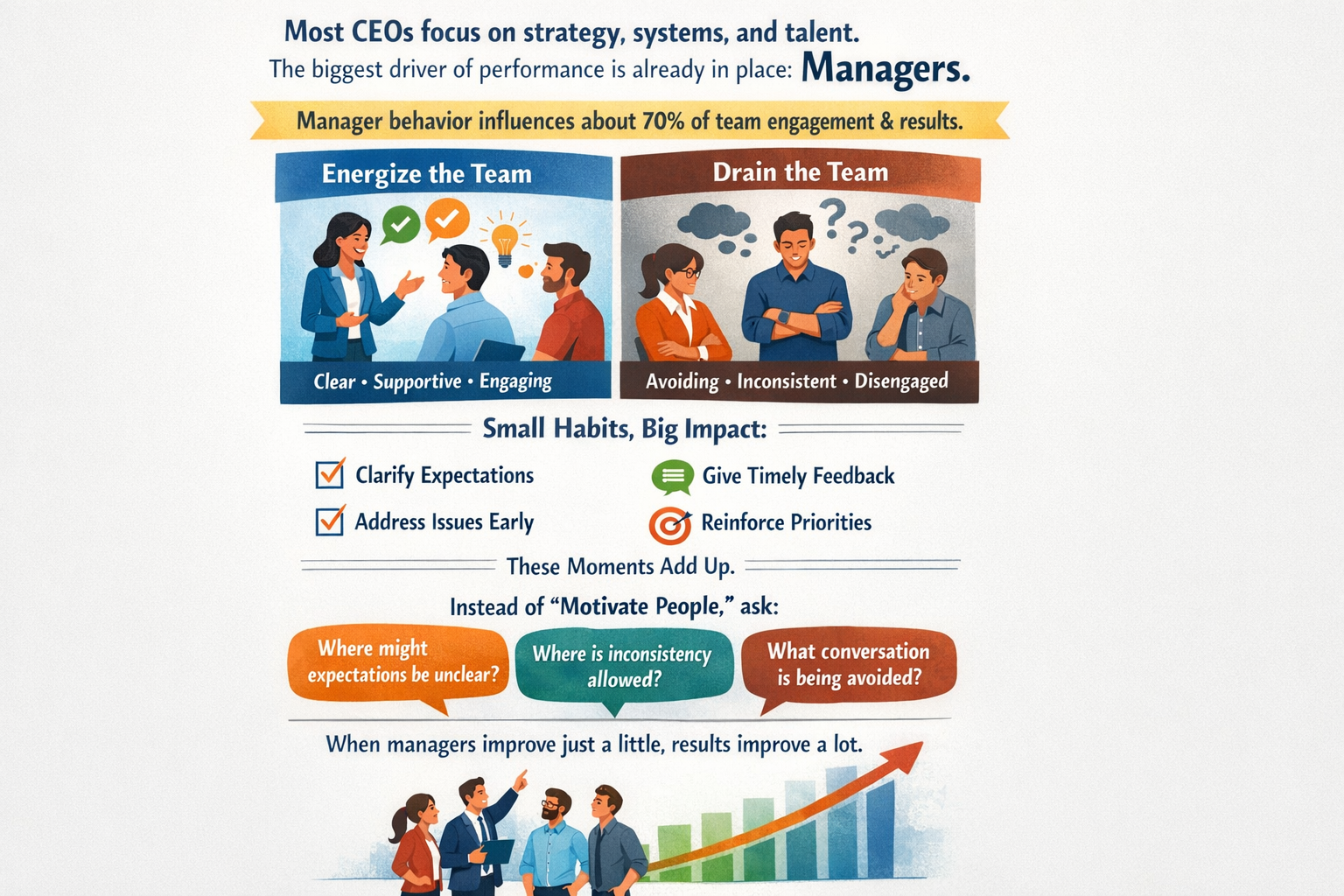Communicate Your Assumptions
Synergy is a great benefit of effective teamwork. By drawing on each other’s strengths and experiences, the group generally achieves more than if they had worked separately.
Teams may get their best results when:
- the team goals are clearly communicated,
- the team members share their resources, knowledge, and ideas with each other,
- team members listen to each other and ask clarifying questions, and
- every team member is engaged in the discussion process.
When there are differences of opinion in a group, there can be a tendency to sweep the ‘elephant’ under the carpet. The big touchy subject is put aside and, on the surface, life goes on as if there is nothing to discuss. This can lead to undercurrents with uneasy whispers causing angst and damaging morale. We may fear that opening ‘the can of worms’ will cause a dangerous explosion that could increase the workplace tension.
How can team members surface their different perspectives so they understand where each other is coming from without lighting a fuse? Many teams schedule a simulation activity which requires them to complete an unfamiliar group task, develop a strategy together, and debrief their process and results. During the simulation, individuals tend to behave in a way that mirrors their normal approach. The group discussion yields insights into our own and other’s habits and positions us to work together more effectively. We may even become comfortable addressing ‘the elephant in the room’.
Arrange for a group at your workplace to participate in a simulation such as ‘The Search for the Lost Dutchman’s Gold Mine™’. You will come away with a list of insights to improve both your workplace productivity and your job satisfaction.



